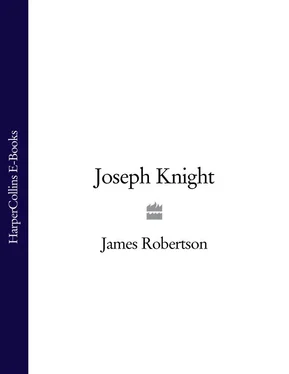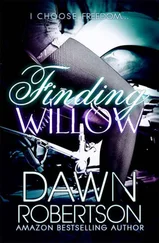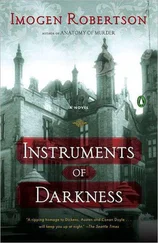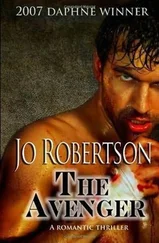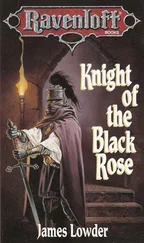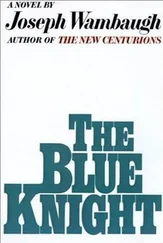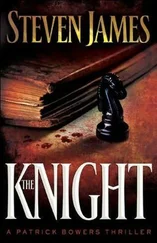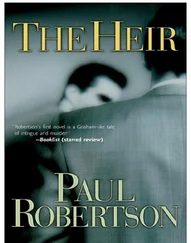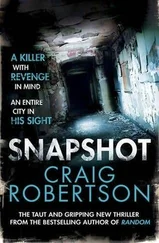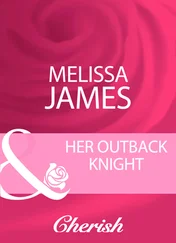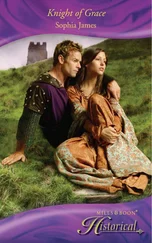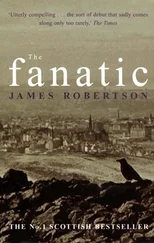What was it to her? She talked of anti-slavery societies but she knew nothing about them, and no one who belonged to one. She read occasionally of such people in the weekly papers. They seemed mostly to be evangelicals and seceders – non-conformists at the opposite end of the religious spectrum from the Episcopalian Wedderburns – or, worse, radicals and revolutionaries. Almost all of her knowledge of slavery had come from her father, and from the books in his library.
Her head was full of other conversations: the ones she had teased out of her father over the years. Nowadays he refused to be drawn, but there had been times when he had seemed to enjoy her questions – but only if they were safe questions.
‘Is it like this in Jamaica, Papa?’
‘Is it like what, Susan?’ They were walking in the woods above the house. She must have been eleven or twelve. It was late spring, the ground was thick with bluebells, the trees were putting on their new leaves.
‘Like this . Are the trees and flowers like this?’
‘No,’ he said. ‘Bigger, and greener and brighter by far. You never saw trees the like of them. So tall you often cannot see the tops. But when you can, there are great red flowers growing out of them. And further down, other plants grow up the trunks – creepers and climbing things bursting with flowers, and with leaves the size of dinner plates; in fact sometimes they are used for dinner plates. And everything lush and green – greens of every shade you can imagine. And that is in the winter, though the seasons hardly exist. Winter there is like our summer only hotter. You think you will be shrivelled away by the heat and then the rain comes and everything becomes still more green – darker and yet brilliant too. And always hot, hot, hot. I cannot describe it.’
But he could, and she knew he was describing a picture in his head that he was happy should be in hers too. He would tell her of huge butterflies, flying beetles the size of small birds; birds that could hover in one place by beating their wings so fast they were a blur and made a droning sound like bees while their long thin beaks drank from flowers; rag-winged crows as big as buzzards, wheeling over the fields in sixes, eights, dozens; multi-coloured parrots, big-chinned pelicans, prim white egrets that rode on the backs of the cattle; insects that drove you mad at night with their incessant chirping, whistling frogs, spiders that could build webs big enough to catch small birds; crocodiles that lived in the swamps, mosquitoes that fed on you year in, year out, and that you never got used to. Coconut trees, banana trees, trees laden with strange fruits never seen in Scotland. It was, her father said, like a huge, hot, overgrown garden.
‘Like the Garden of Eden?’ she asked.
‘He laughed. ‘In a way, yes.’
‘Is there a serpent, then?’
‘Only you would ask that, my dear. Yes, there are snakes, but not dangerous ones.’
Then came the questions that were closer to home. What was the house like, she wanted to know. Was it smaller or bigger than Ballindean? How many rooms were there? Was there a view? Was there a town nearby? And what about the people?
‘Well, there was me, and your uncle James, and your other uncles that you never knew. We had many Scotsmen for our neighbours. There are many there still.’
‘But the people who grew the sugar?’
‘We grew the sugar
‘No, who grew it, cut it …’
‘You mean the Negroes?’
She felt her pulse quicken. Yes, yes, yes, the Negroes. She thought of them flitting through the shady jungle, mysterious, dangerous, beautiful as the blood-red flowers on the trees. One minute you would see them, the next they’d be gone. They were beyond her. But her father had known them.
At first she had thought he was reluctant to talk of them. Later she felt that he just had very little to say about them, as if somehow he had noticed them less than he had the land and its creatures. Some Negroes were black and some were brown, he said, some were not far from white. They were lazy or hard-working, they were weak or strong, they were mostly foolish and childlike. She grew to believe that he did not find them very interesting.
So she read what she could in Mr Long’s book on Jamaica, and in other books she found on the higher shelves in the library. And though all that she read in these books confirmed what her father told her, they said more too: about the brutishness, the immorality, the craftiness of Negroes. Because of their nature, she read, it was necessary to control them, to punish the lazy and the wicked, to crush them lest they try to rebel. All this seemed sensible, though sordid. But the more she read, the more she began to glimpse an argument that the books always sought, with wonderful plausibility, to dismiss. The argument was never properly articulated. It was mentioned only to be ridiculed as ignorant, ill-informed, malicious, naïve. Thumbing through these volumes, she lost sight of the flitting figures in the red-flowered jungle; felt instead a growing sense of unease, a sense that things were being kept from her.
‘Why do they have to bring so many in the slave ships?’
He said calmly, ‘Because there are more needed than could possibly be raised on the island.’
‘But why are they treated so cruelly?’ She felt anxious and unhappy asking the question: she knew her father would hate it.
‘It is not cruel, Susan,’ he said. ‘How else could they be brought?’
‘But it is cruel. It is horrible to think of children being torn from their mothers and fathers, husbands from wives, sisters from brothers, and carried off to a land so far from their home, and made to work so hard. It must be cruel.’
‘Susan, I do not know where you find such ideas but you should believe them no more than you believe fairy tales. Some people are cruel. That is true the world over. Some people are cruel here in Scotland. In Africa people are horribly cruel. But we were not cruel to the slaves. They were treated kindly when they behaved, and chastised only when it was necessary. That is how it is there still. That is how your Papa is with you, child. Sometimes I have to be angry with you. That does not mean I do not love you.’
‘Did you love the slaves?’
She saw the shock in his eyes.
‘Of course not. They were not my children. But it was our Christian duty to look after them.’
‘Is it Christian to keep them as slaves?’
‘I do not wish to discuss this further,’ her father said. ‘But I will say this, since you speak of what is or is not Christian. The Negroes are not Christians. They are different from us in many ways, not just in their colour. They are not quite human in the way that we are. It has been tried and found impossible to teach them to be refined and civil like us. They can do so much, and no more. That is their nature.’
‘But we are Christians. And don’t some of them come to be baptised and make very good Christians?’
‘Most make very bad ones. Susan, we will not talk any more about this. You are a child. You have no idea what it is like in the Indies, let alone in Africa. Believe me, I am your father. There never was a race of people constitutionally better suited – better created – to be the property of others.’
But she did not – quite – believe him. She read the books again. She overheard disturbing snatches of conversation when her uncle James came to visit. And she heard stories from the older servants about Joseph Knight, the slave her father had brought back with him to Ballindean.
Then, in the library one day, when she was about fourteen, the sunlight caught the painting above the fireplace in such a way that she suddenly glimpsed a new figure in the gloom. Uncle Sandy’s picture. She had looked at it so often that the shock of what she saw now made her gasp, as if she had seen a ghost. There was no one else in the room. She stood as close as she could, peered at the painting straight on, from the left, from the right. The oil gleamed back at her. Behind the oil was a leg, a shoulder, a face. A man.
Читать дальше
